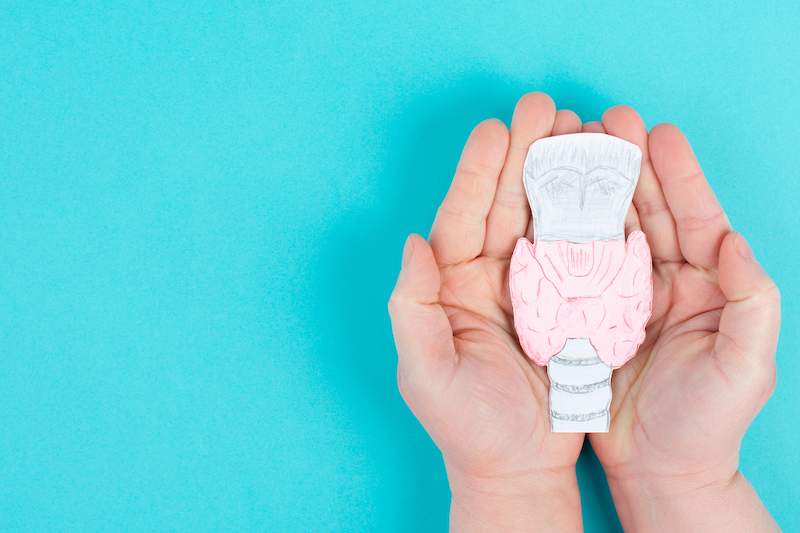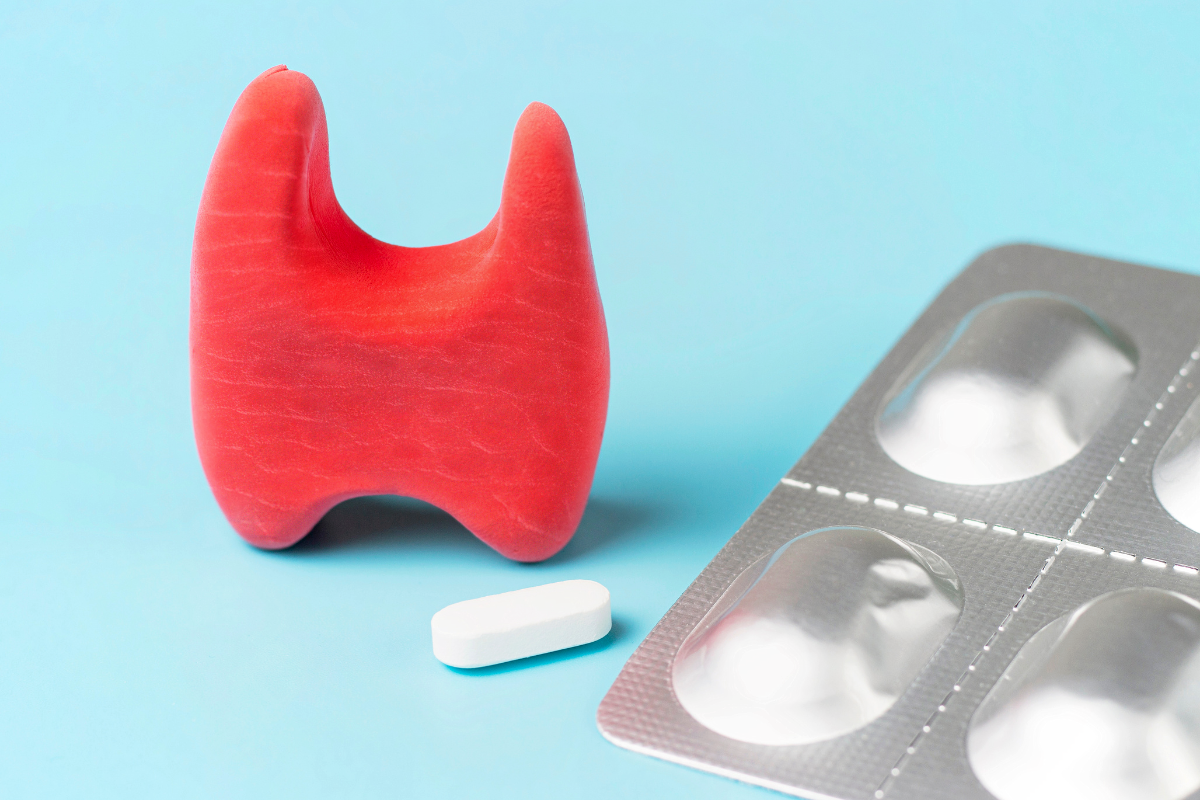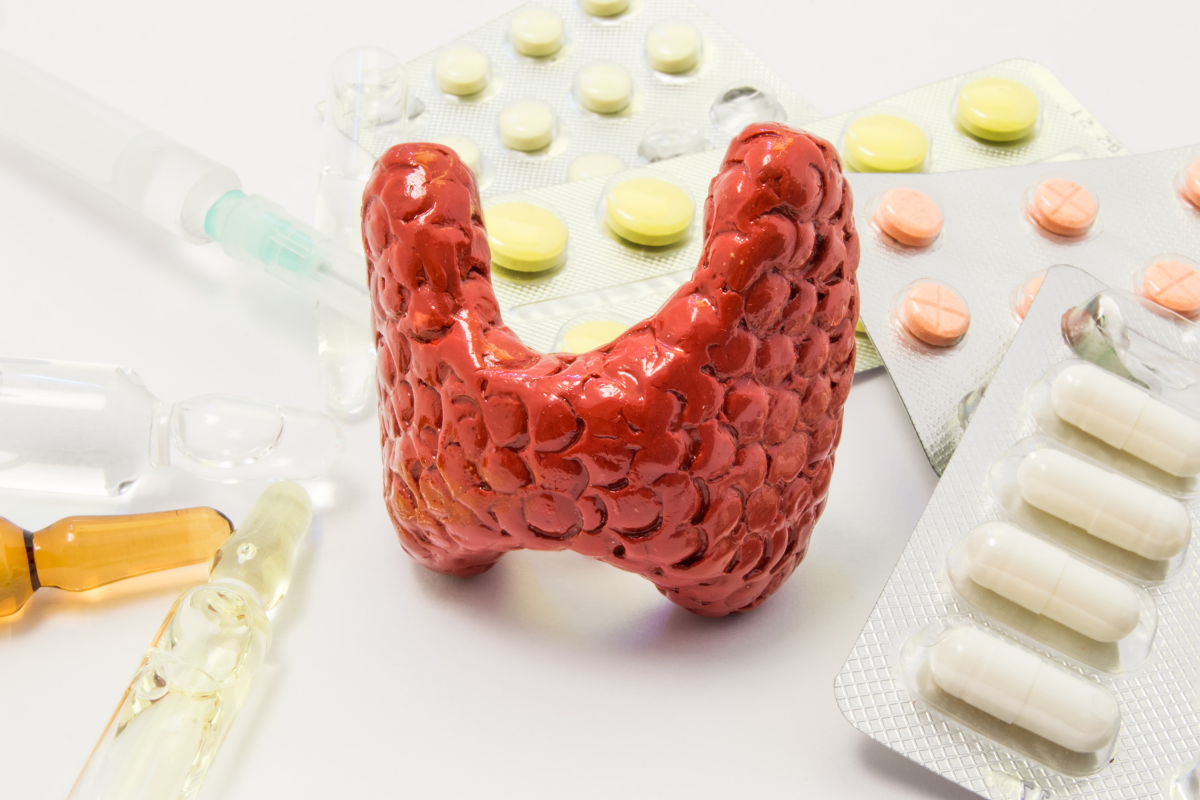My wife has subclinical hypothyroidism with a TSH level of 4.7, and her OB/GYN has suggested starting Levothyroxine to improve our chances of conceiving. We’ve tried to dig into the data online, but the information is pretty mixed and not especially conclusive.
We’re trying to understand how effective Levothyroxine actually is in helping people with subclinical hypothyroidism conceive and whether it’s truly necessary in her situation. We understand there might be some mild downsides to taking the medication, but we’re really hoping to get a clearer sense of what the data shows about its efficacy and whether it’s supported as a best practice for cases like hers.
— Anonymous
Whether or not to treat subclinical hypothyroidism in patients trying to conceive has been a topic of debate for a long time. The answer we have settled on is, “It depends.” This is because, as you say, the data is not so clear. But there are a few situations in which most endocrinologists and fertility specialists would agree.
Let’s take a step back and talk about what subclinical hypothyroidism is before we go on. The thyroid is a butterfly-shaped gland in the neck that makes thyroid hormone, which is critical for controlling the rate at which the body functions. Thyroid hormone production and release are controlled by thyroid-stimulating hormone (TSH) made in the pituitary gland. When there is too much thyroid hormone, TSH is low. When there isn’t enough, TSH goes up. Subclinical hypothyroidism occurs when TSH is high but the actual thyroid hormone levels are normal. Essentially, it is taking more signals from the pituitary gland to get the thyroid to produce an adequate amount of thyroid hormone.

If you are trying to conceive using assisted reproductive technology such as in vitro fertilization (IVF), most endocrinologists and reproductive specialists would recommend treating an elevated thyroid-stimulating hormone level with Levothyroxine, aiming for a goal TSH of 2.5 mg/dl. This is based on studies like this one that showed improved live birth rates when women were treated for their subclinical hypothyroidism before undergoing IVF.
If someone has signs in their blood work of autoimmune inflammation in their thyroid, called Hashimoto’s Disease, and their TSH is elevated while they are trying to conceive, most specialists would recommend starting Levothyroxine. This is not based on concrete data. Rather, the rationale here is that during pregnancy, thyroid hormone levels need to increase by about 40%. If the thyroid is already compromised by inflammation and it’s taking an increased signal from the pituitary gland (in the form of TSH) to make an adequate amount of thyroid hormone before conception, then during pregnancy, the situation is unlikely to improve.
To be clear, the risks of taking a small dose of Levothyroxine to bring the TSH down to between 0.5 and 2.5 mg/dl are very small. Because Levothyroxine is just a synthetic thyroid hormone in pill form, the biggest risk is overshooting the mark, causing thyroid hormone levels to be in the overactive range. But with careful monitoring, this is typically easily avoided. Levothyroxine is well studied in pregnancy and is not only safe, but having adequate thyroid hormone levels in early pregnancy is critical to healthy embryonic and fetal development.
Ultimately, there are two reasons this question is so hard to answer. First, there is a lack of data. The second is that the downsides of treating subclinical hypothyroidism in someone trying to conceive are so small, it is often done as a “just in case” measure that, in turn, makes it difficult to get the data we need to definitively answer the question. Either way, someone with subclinical hypothyroidism pre-pregnancy should have their thyroid function carefully monitored in pregnancy, when an increased need for thyroid hormone can turn subclinical hypothyroidism into overt hypothyroidism.
Community Guidelines
















Log in